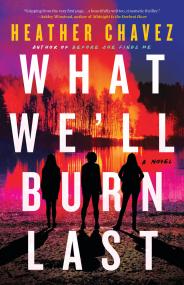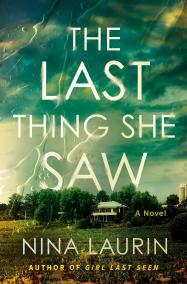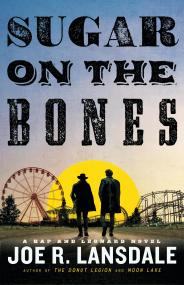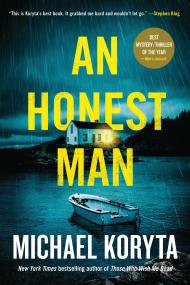Jackal
A Novel
Formats and Prices
Format
Format:
HardcoverThis item is a preorder. Your payment method will be charged immediately, and the product is expected to ship on or around October 4, 2022. This date is subject to change due to shipping delays beyond our control.
Also available from:
“I read this thriller that is Get Out meets The Vanishing Half in one night.”–BuzzFeed
“Extraordinary . . . A terrifying tale of fears and hatreds generated by racism and class inequality.”–Associated Press
EDGAR® AWARD FINALIST * BRAM STOKER® AWARD FINALIST * SHIRLEY JACKSON AWARD NOMINEE * PHENOMENAL BOOK CLUB PICK
ONE OF THE BEST BOOKS OF THE YEAR: Esquire, Vulture, PopSugar, Paste, Publishers Weekly * ONE OF COSMOPOLITAN’S BEST HORROR NOVELS OF ALL TIME
It’s watching.
Liz Rocher is coming home . . . reluctantly. As a Black woman, Liz doesn’t exactly have fond memories of Johnstown, Pennsylvania, a predominantly white town. But her best friend is getting married, so she braces herself for a weekend of awkward, passive-aggressive reunions. Liz has grown, though; she can handle whatever awaits her. But on the night of the wedding, somewhere between dancing and dessert, the newlyweds’ daughter, Caroline, disappears–and the only thing left behind is a piece of white fabric covered in blood.
It’s taking.
As a frantic search begins, with the police combing the trees for Caroline, Liz is the only one who notices a pattern: A summer night. A missing girl. A party in the woods. She’s seen this before. Keisha Woodson, the only other Black girl in Liz’s high school, walked into the woods with a mysterious man and was later found with her chest cavity ripped open and her heart removed. Liz shudders at the thought that it could have been her, and now, with Caroline missing, it can’t be a coincidence. As Liz starts to dig through the town’s history, she uncovers a horrifying secret about the place she once called home. Children have been going missing in these woods for years. All of them Black. All of them girls.
It’s your turn.
With the evil in the forest creeping closer, Liz knows what she must do: find Caroline, or be entirely consumed by the darkness.
- On Sale
- Oct 4, 2022
- Page Count
- 336 pages
- Publisher
- Bantam
- ISBN-13
- 9780593499306
By clicking 'Sign Up,' I acknowledge that I have read and agree to Hachette Book Group’s Privacy Policy and Terms of Use




